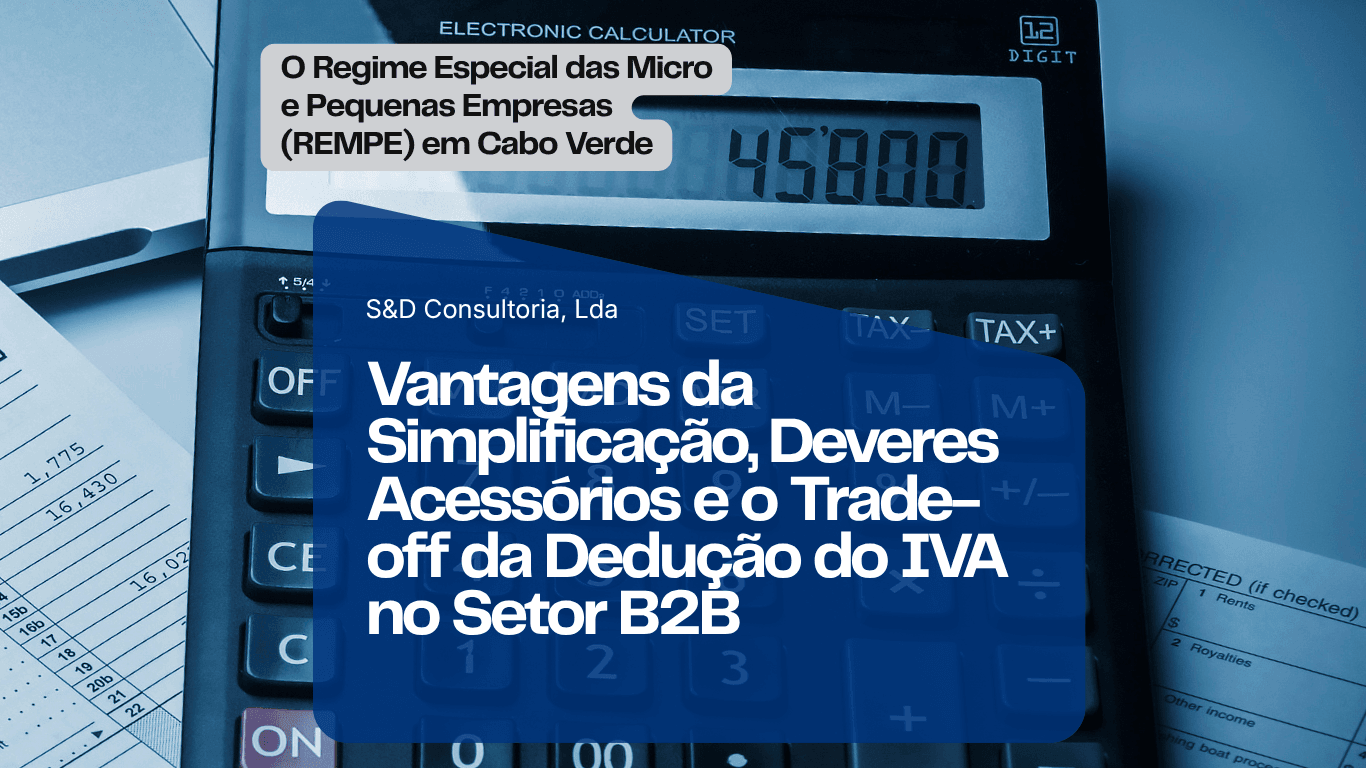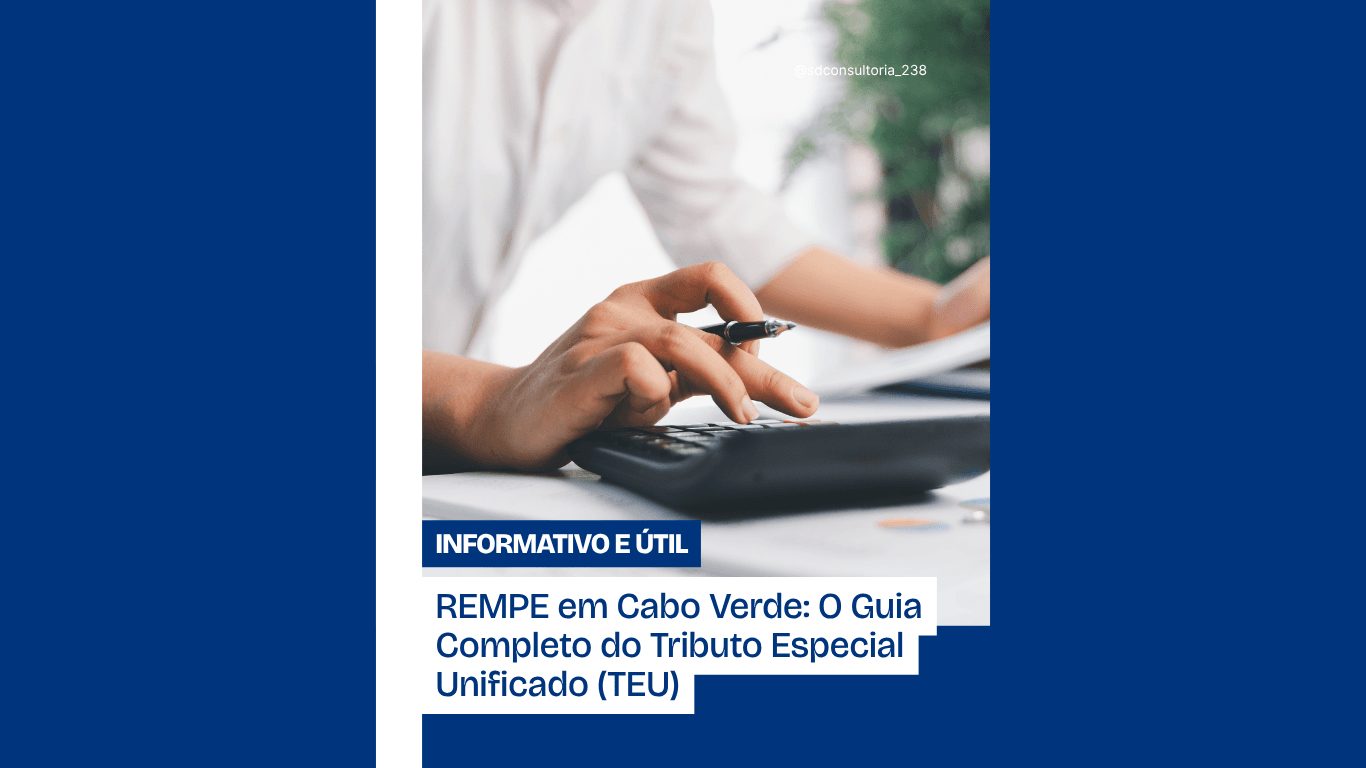

Contents
Trademark registration in Cape Verde is an essential step in protecting the identity of products and services, guaranteeing exclusivity and legal certainty in the market. This process, regulated by the Industrial Property LawTrademark protection allows companies and individuals to secure their rights over distinctive signs such as words, logos, product shapes or packaging. Trade mark protection is essential to prevent unfair competition and strengthen the market position of registered organisations.
In Cape Verde, trade mark registration is managed by the General Directorate of Industry and Commerce (DGIC)The trade mark office carries out a detailed analysis to check the originality and compliance of the application with the rights of third parties. Once approved, the trade mark is protected for an initial period of ten years, with the possibility of successive and unlimited renewals, guaranteeing its continuity on the market.
In addition, the country is a member of the Madrid Agreement Concerning the International Registration of MarksThe Madrid Agreement allows locally registered trademarks to be protected in other countries adhering to the treaty, simplifying the internationalisation process. For more information on the Madrid Agreement, see Institute for Quality Management and Intellectual Property (IGQPI).
This report aims to provide a comprehensive overview of the trade mark registration process in Cape Verde, highlighting the legal requirements, administrative procedures and best practices to ensure the effective protection of intellectual property assets.
The Institute for Quality and Intellectual Property Management (IGQPI) is the main body responsible for managing the National Intellectual Property Protection System (SNPI) in Cape Verde. This public body, part of the state's indirect administration, plays a central role in the registration, protection and inspection of trademarks and other industrial property rights. Its competences include:
More information about IGQPI and its services can be found at IGQPI official website.
The General Directorate of Industry and Commerce (DGIC) is a complementary entity to the IGQPI in terms of industrial property protection in Cape Verde. The DGIC plays an important role in supervising and supporting the business sector, including:
For more details on DGIC's services, please consult the website of the Directorate General for Industry and Trade.
Although it is not a national entity, the World Intellectual Property Organisation (WIPO) plays a relevant role in the context of trademark registration in Cape Verde, since the country is a member of this organisation. WIPO facilitates access to the international trade mark registration system through the Madrid AgreementThis allows trademarks registered in Cape Verde to be protected in other member countries of the system.
Although the main focus of these entities is the management of copyright and related rights, they also play an important role in the protection of rights related to trademarks and other distinctive signs. These entities are regulated by Law no. 45/2019This establishes its competences, including:
For more information on the applicable legislation, please consult the IGQPI website.
A review of Cape Verde's Industrial Property Code (IPC) is currently underway, with the aim of modernising and adapting the legislation to the demands of the global market. This process is being led by IGQPI, in collaboration with other national and international organisations. The main changes proposed include:
Detailed information on the CPI review can be found at IGQPI website.
In order for a trade mark to be registered on the Cape Verdean market, it must fulfil the criteria established by the Industrial Property Law of Cape Verde. Trademarks may include words, logos, designs, numbers, shapes of products or packaging, provided they are distinctive and do not conflict with previously registered rights. The trade mark may not be generic, descriptive or contrary to public order or good customs. (General Directorate of Industry and Commerce).
In addition, combined trade marks, which include denominative and figurative elements, have specific protections. Exclusive use is limited to the exact configuration in which they were registered. If the owner wishes to use the elements separately, it is recommended to register additional trade marks. (iGERENT).
The process of registering a trade mark in Cape Verde requires the presentation of specific documentation, which must be submitted to the General Directorate of Industry and Commerce (DGIC) or to Institute for Quality Management and Intellectual Property (IGQPI). Essential documents include:
Trademark registration in Cape Verde follows a structured process, which includes the following stages:
Once registered, the trade mark in Cape Verde has an initial validity of 10 yearsFrom the date of the request. To maintain protection, the following requirements must be met:
Cape Verde is a member of the Madrid Agreementmanaged by World Intellectual Property Organisation (WIPO). This treaty allows trademarks registered in Cape Verde to be protected in other member countries, simplifying the international registration process. To use this system, the owner must first register the trade mark nationally. (WIPO).
In addition, trade marks with figurative or design elements may require additional analyses, which can alter the costs and deadlines of the process. We recommend contacting IGQPI or a legal representative directly for detailed information. (iGERENT).
While the previous report dealt with the entities responsible for registering trade marks, this sub-report focuses exclusively on the entities responsible for registering trade marks. procedures and necessary documentationThis report details the technical and operational requirements for registration. For example, while the content on the IGQPI mentions analysing applications and publication in the BIS, this report explores the technical and operational requirements for registration. specific documents and the associated costsIt also emphasises the importance of declarations of use and the Madrid Agreement.
A trade mark registered in Cape Verde has an initial validity of 10 yearsThis period runs from the date the registration is granted. This period is guaranteed by the country's Industrial Property legislation, which aims to protect the owner's exclusive rights over the use of the trade mark in Cape Verdean territory. The initial validity of 10 years is consistent with international standards, such as those established by the Madrid Agreementof which Cape Verde is a signatory.
Unlike other systems that require more frequent renewals, the 10-year term offers an extended window for owners to consolidate their brand on the market before worrying about renewal.
After the initial 10-year period has expired, the trade mark registration can be renewed for additional periods of 10 yearsThere is no limit to the number of renewals. This mechanism allows owners to maintain their trademark rights on an ongoing basis, provided they fulfil the established legal and administrative requirements.
The renewal process involves paying specific fees and submitting a formal application to the Institute for Quality Management and Intellectual Property (IGQPI). It is important to emphasise that there is a 6-month grace period after the registration expires, during which time it can be renewed for an additional fee.
Although renewal is a periodic process, trade mark owners in Cape Verde must also submit declarations of intention to use each 5 years. The purpose of this requirement is to ensure that the trade mark is actually in use on the market and not just registered to prevent third parties from using it. The absence of this declaration could result in the registration being cancelled, making the trademark vulnerable to disputes and legal action.
This requirement differs from other registration systems, such as the European one, where proof of use is generally only required in cases of opposition or litigation. In Cape Verde, the periodic presentation of intent to use is a preventative measure to avoid the accumulation of inactive trademarks in the system.
Trademark registration in Cape Verde offers a number of benefits for both local companies and foreign investors:
The registration of trademarks in Cape Verde has a direct impact on strengthening the local economy and attracting foreign investment. According to recent figures, 135 Cape Verdean brands have been registered with the African Regional Intellectual Property Organisation (ARIPO) in just six months, reflecting the growing interest in protecting intellectual property assets in the country (Forbes Lusophone Africa).
In addition, the registration of trademarks helps to promote local products and services, such as grog, coffee and handicraft products, which have great export potential. Brand protection in these cases is essential to guarantee the authenticity and quality associated with Cape Verdean products.
While other systems, such as the European or American, may require proof of use only in specific situations, the Cape Verdean system takes a more proactive approach with declarations of intent to use. This difference reflects the need to adapt the intellectual property system to the realities of the local market, where enforcement and administration of inactive trademarks can be more challenging.
In addition, the initial validity period of 10 years and the possibility of indefinite renewals are in line with international standards, but offer additional flexibility for holders who wish to keep their rights for longer periods.
The continuous renewal and benefits associated with registering trademarks in Cape Verde make this process a strategic tool for companies and individuals wishing to protect their intellectual assets. The Cape Verdean system, although aligned with international standards, has unique characteristics that make it especially adapted to the needs of the local and regional market.
For more information on registering trademarks in Cape Verde, we recommend consulting the IGQPI official website.
Trademark registration in the Cape Verdean market is a structured process managed primarily by the Institute for Quality Management and Intellectual Property (IGQPI) and the General Directorate of Industry and Commerce (DGIC). These organisations analyse, publish and inspect trademarks, promoting the protection of industrial property rights in the country. The Cape Verdean system is aligned with international standards, such as the Madrid AgreementThis allows brands to be protected in multiple countries, which is particularly advantageous for companies with international expansion ambitions.
The registration process requires the fulfilment of specific requirements, including the submission of documents such as the application form, a graphic representation of the trademark and a declaration of intention to use. The initial validity of the registration is 10 years, and it can be renewed indefinitely for equal periods, as long as obligations such as the periodic submission of declarations of use are fulfilled. This system prevents the accumulation of inactive trademarks and promotes the effective utilisation of registered rights. In addition, the ongoing revision of the Industrial Property Code aims to simplify procedures and strengthen legal protection, adapting the legislation to the demands of the global market.
Trademark registration in Cape Verde offers significant benefits, including exclusive protection, valorisation of intangible assets and prevention of unfair competition. For local companies and foreign investors, this process is a strategic tool for consolidating market presence and protecting distinctive products and services, such as those of Cape Verdean origin. Interested parties are advised to consult the IGQPI or experts in the field to ensure compliance with all legal requirements and maximise the benefits of registration.







